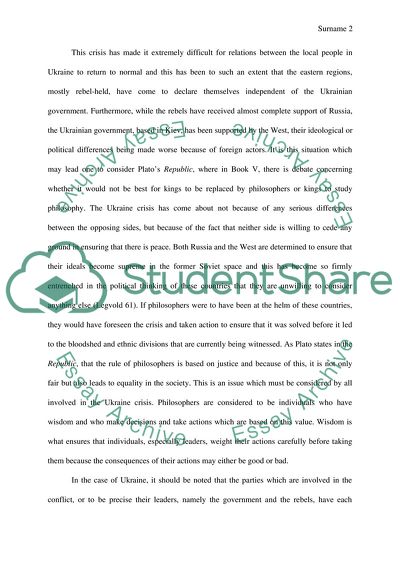Cite this document
(Ukrainian Crisis Annotated Bibliography Example | Topics and Well Written Essays - 2000 words, n.d.)
Ukrainian Crisis Annotated Bibliography Example | Topics and Well Written Essays - 2000 words. https://studentshare.org/history/1849079-global-issue
Ukrainian Crisis Annotated Bibliography Example | Topics and Well Written Essays - 2000 words. https://studentshare.org/history/1849079-global-issue
(Ukrainian Crisis Annotated Bibliography Example | Topics and Well Written Essays - 2000 Words)
Ukrainian Crisis Annotated Bibliography Example | Topics and Well Written Essays - 2000 Words. https://studentshare.org/history/1849079-global-issue.
Ukrainian Crisis Annotated Bibliography Example | Topics and Well Written Essays - 2000 Words. https://studentshare.org/history/1849079-global-issue.
“Ukrainian Crisis Annotated Bibliography Example | Topics and Well Written Essays - 2000 Words”. https://studentshare.org/history/1849079-global-issue.


